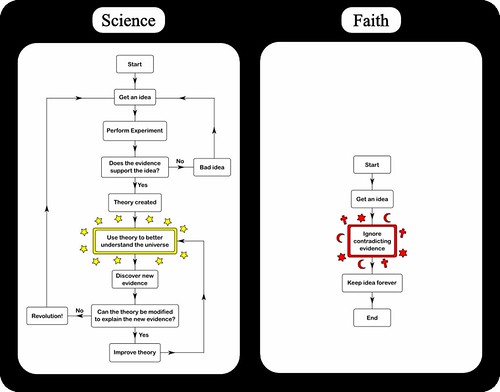 Image via Wikipedia
Image via WikipediaThis is an interesting article that talks about the disadvantages of having a privileged life. It is talking about education in Ivy League schools in the US, but applies equally well to the IITs and IIMs in India. It’s quite a long article, and parts of it I skimmed over, but it makes some good points.
It starts out with small ideas:
The first disadvantage of an elite education[…], is that it makes you incapable of talking to people who aren’t like you. Elite schools pride themselves on their diversity, but that diversity is almost entirely a matter of ethnicity and race. With respect to class, these schools are largely—indeed increasingly—homogeneous. Visit any elite campus in our great nation and you can thrill to the heartwarming spectacle of the children of white businesspeople and professionals studying and playing alongside the children of black, Asian, and Latino businesspeople and professionals.
Later in the article, it touches on another aspect that is more serious, in my opinion:
How can I be a schoolteacher—wouldn’t that be a waste of my expensive education? Wouldn’t I be squandering the opportunities my parents worked so hard to provide? What will my friends think? How will I face my classmates at our 20th reunion, when they’re all rich lawyers or important people in New York? And the question that lies behind all these: Isn’t it beneath me? So a whole universe of possibility closes, and you miss your true calling.
To me, this appears to be saying something similar to what J.K. Rowling referred to in her famous Yale speech. There are a whole bunch of things that successful people will never try, because that would push them outside the comfort zone that is provided by their success.
Because students from elite schools expect success, and expect it now. They have, by definition, never experienced anything else, and their sense of self has been built around their ability to succeed. The idea of not being successful terrifies them, disorients them, defeats them. They’ve been driven their whole lives by a fear of failure—often, in the first instance, by their parents’ fear of failure. The first time I blew a test, I walked out of the room feeling like I no longer knew who I was. The second time, it was easier; I had started to learn that failure isn’t the end of the world.
This issue does get conflated with financial security, and Venkat pointed out in a comment to that post. But maybe the path to greatness (even in a narrow financial sense) lies in being able to give up some of the financial security temporarily, climb down from the hilltop that you are on currently, walk down into the valley, so that you can scale the next mountain. (Students of optimization will recognize the phenomenon of getting stuck in local optima, and the need to traverse sub-optimal areas of the search space before you can find a better solution. See for example the Simulated Annealing algorithm.)
The great institutions of our country churn out successful executives. Even those of my IIT classmates who had trouble passing their courses are now successful mid- or top-level executives. There are no weirdos. Which might be a problem, claims the article:
Thirty-two flavors, all of them vanilla. The most elite schools have become places of a narrow and suffocating normalcy. […] I know from long experience as an adviser that not every Yale student is appropriate and well-adjusted, which is exactly why it worries me that so many of them act that way. The tyranny of the normal must be very heavy in their lives.
I don’t quite agree with this paragraph. I think it is a little too harsh. However, in general, the phrase “the tyranny of the normal” somehow resonates with me. I can feel the tyranny of the normal all around me, and on me too. Forget careers and business success. Even in simpler (or is it more complex?) things like relationships, friendship, love, there is the tyranny of the normal.
I am a pretty happy and contented person. In fact, I think I see myself as one of the most contented, amongst all the people that I know. And if there is one thing that bothers me, I think it would be the fact that I long to escape the tyranny of the normal. But I guess this longing is still probably half-hearted. Because, seriously, there is nothing preventing me from doing that, other than the fact that I am comfortable sitting on my hilltop, unable to generate enough motivation to plunge into the valley on the other side.
And, I would like to end with another, in my opinion, insightful quote from that article:
A friend who teaches at the University of Connecticut once complained to me that his students don’t think for themselves. Well, I said, Yale students think for themselves, but only because they know we want them to.
I wonder if I am in the second category.



